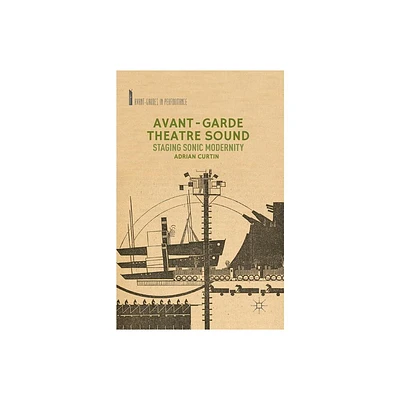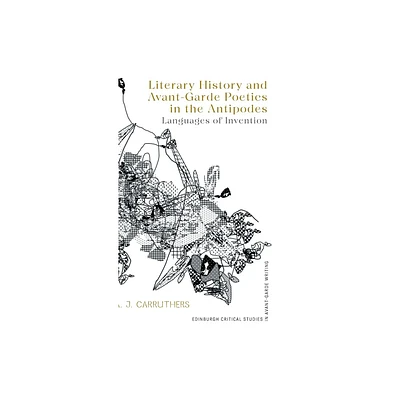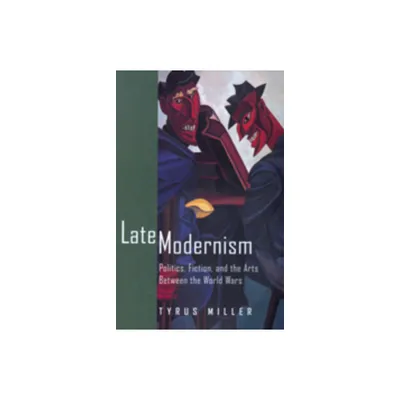Home
Late Modernism and the Avant-Garde British Novel: Oblique Strategies
Loading Inventory...
Barnes and Noble
Late Modernism and the Avant-Garde British Novel: Oblique Strategies
Current price: $105.00


Barnes and Noble
Late Modernism and the Avant-Garde British Novel: Oblique Strategies
Current price: $105.00
Loading Inventory...
Size: Hardcover
*Product Information may vary - to confirm product availability, pricing, and additional information please contact Barnes and Noble
In the decades following the immediately postwar period in Britain, a loose grouping of experimental writers that included Alan Burns, Christine Brooke-Rose, B. S. Johnson, and Ann Quin worked against the dominance, as they saw it, of the realist novel of the literary mainstream.
reassesses the experimentalism versus realism debates of the period, and finds a body of work engaged with, rather than merely antagonistic towards, the literary culture it sought to renovate. Charting these engagements, it shows how they have significance not just for our understanding of these decades but for the broader movement of the novel through the century.
This volume takes some of the claims made about experimental fictionthat it is unreadable, nonlinear, elliptical, errant, plotlessand reimagines these descriptors as historically inscribed tendencies that express the period's investment in the idea of the accidental. These novels are interested in the fleeting and the fugitive, in discontinuity and shock. The experimental novel cultivates an interest in methods of representation that are oblique: attempting to conjure the world at an angle, or in the rear-view mirror; by ellipsis or evasion. These conceptserror, indeterminacy, uncertainty, accidentall bear a relation to that which evades or resists interpretation and meaning. Asking what are the wider political, ethical, and philosophical correlates of this incommensurability,
reads experimental literature in this light, as suffused with anxiety about its adequacy in the light of its status as necessarily imitative and derivative, and therefore redolent of the forms of not-knowing and uncertainty that mark late modernism more generally.


















